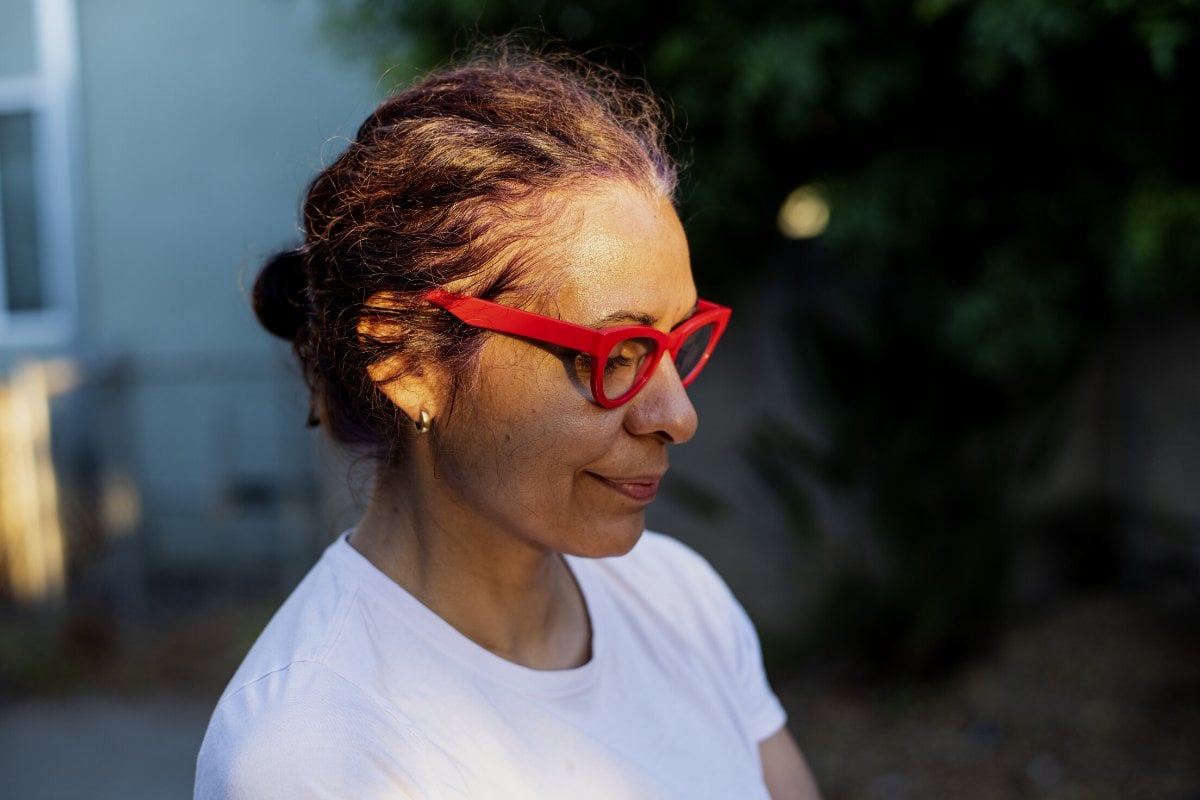
From the moment Sophie found out she was pregnant, she was excited for the future that lay ahead.
She was 30, and this was going to be her first child.
"I found out I was pregnant at about the six-week mark, and I hadn't expected to be pregnant so soon. I was a social drinker naturally, so my drinking habits in those first six weeks would have been a few drinks with a meal on Friday and Saturday nights," she tells Mamamia.
Once her pregnancy was confirmed, Sophie went to her doctor and got across all the relevant pregnancy information, which included looking at the guidelines for alcohol intake while pregnant.
"The guidelines back then were that it was safe to have up to two standard drinks on one occasion, or either around seven standard drinks per week but not exceed that. So for the rest of my pregnancy, I had one standard drink each week on a Friday night, and I made my husband check that it was definitely only one standard drink. I figured we were being cautious."
Watch: foetal alcohol spectrum disorder discussed on Australian Story. Post continues below.
In the 2001 guidelines from the National Health and Medical Research Council (NHMRC), women who were "pregnant or might soon become pregnant" were advised to consider not drinking. But in these guidelines, it was also said they could safely have seven standard drinks over a week.


Top Comments